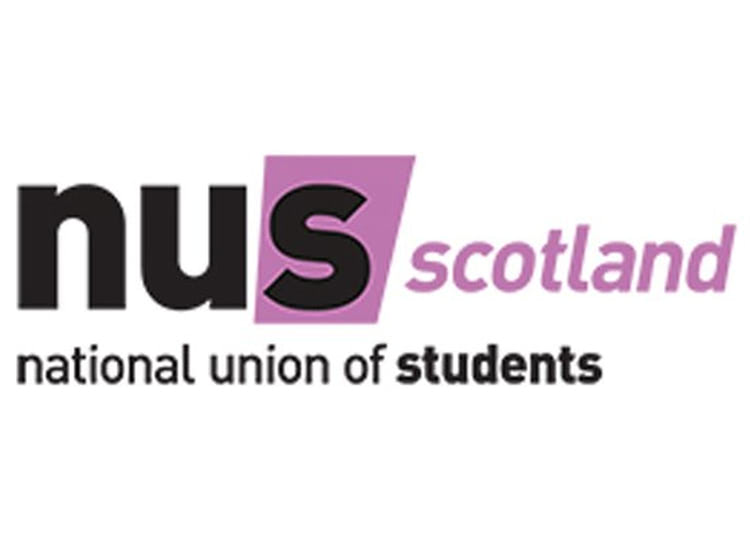Disadvantaged by debt: poorest students continue to bear the brunt

A new report from the Student Awards Agency Scotland (SAAS) continues to show Scotland’s poorest students are bearing the brunt of debt whilst at college or university.
The report ‘Higher Education Student Support in Scotland’ (2018-2019) shows:
- The poorest students continue to take on the highest loans, at £5,800 per year for students from the 20 per cent most deprived areas (SIMD20), compared to £4,960 for students from the 20 per cent least deprived areas. For an SIMD20 student on a four-year degree course this would add up to £23,200 of debt on average.
- The number of students receiving non-repayable bursaries and grants has increased slightly with 54,550 receiving £80.3 million in support compared to 17/18 figures (53,620 students and £76.3 million).
- Students in receipt of the Care Experienced Bursary continues to rise with 840 students receiving £6.4 million in support.
NUS Scotland President Liam McCabe said:
“Today’s release yet again highlights the precarious nature of being a disadvantaged student in Scotland. Students from the poorest backgrounds are on course to finish their course with the most debt – an unacceptable, eye-watering £23,200 over four years.
“There are signs of progress: more students receiving non-repayable bursaries and grants this year with more going to students from the poorest backgrounds, and the continued uptake of the Care Experienced Bursary. We now need to see the Scottish Government build on improvements made to cost-of-living support available to students, especially those from the poorest backgrounds.”
“We are now three years on from the recommendations of the Student Support Review and the Scottish Government’s stated ambition of the equivalent of of a Real Living Wage for all students. With rising living and housing costs, we hope to see the Scottish Government make good on this as spending plans are considered for the year ahead.”











Responses